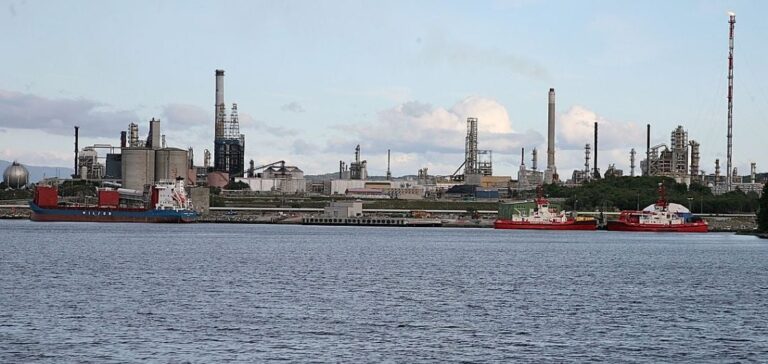Norsk Kjernekraft, in collaboration with DL Energy and DL E&C, is undertaking a feasibility study for the installation of modular nuclear reactors (SMR) at the Mongstad refinery site.
This initiative is part of the search for solutions to reduce CO2 emissions while meeting the region’s growing energy demand.
The choice of Mongstad, a strategic site and Norway’s main CO2 emitter, reflects the importance of the project for the country’s energy transition.
The partnership with South Korean entities provides the proven technical and operational expertise needed to ensure the viability of this complex project.
Industrial and energy issues
The introduction of SMR in Norway represents a key step towards diversifying the country’s energy mix.
By focusing on Mongstad, the aim is to integrate a reliable energy source capable of supporting local industry while contributing to Norway’s environmental commitments.
SMRs offer operational flexibility that could play a crucial role in stabilizing energy supply, particularly in industrial areas where demand is high.
The project is scheduled for commissioning in the 2030s, subject to the political decisions needed to support this technology.
Outlook for nuclear power in Norway
Norsk Kjernekraft is exploring other potential sites for SMRs in Norway, notably in the municipalities of Øygarden, Aure, Heim and Vardø. These proposals are currently being studied by the Norwegian authorities, who have appointed a committee to assess the economic, environmental and technical implications of introducing nuclear power in the country. The Norwegian government is due to receive the committee’s conclusions in April 2026, a report that will strongly influence the future of nuclear projects in Norway.
In the meantime, the study underway at Mongstad could serve as a model for other similar initiatives, combining local expertise with international know-how.
This cooperation marks a significant milestone in the development of nuclear power in Norway, positioning the country to meet future energy challenges while integrating new technologies into its energy infrastructure.





















